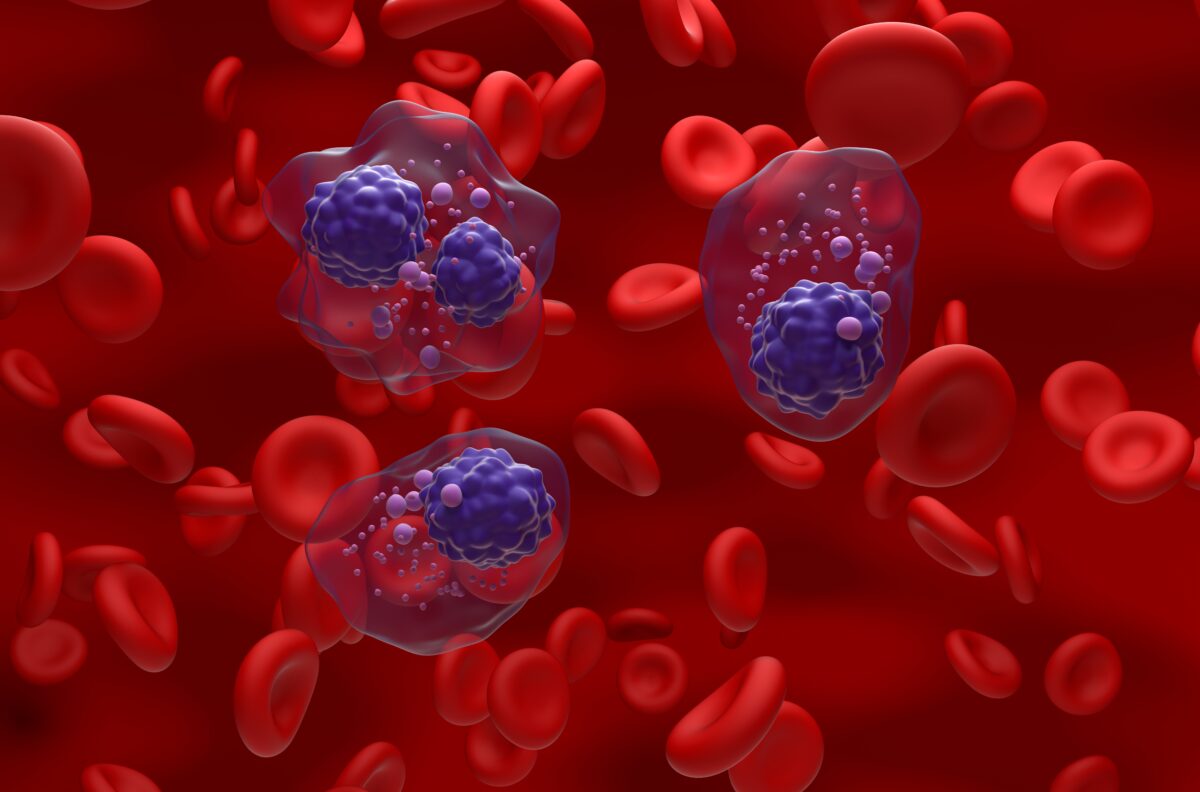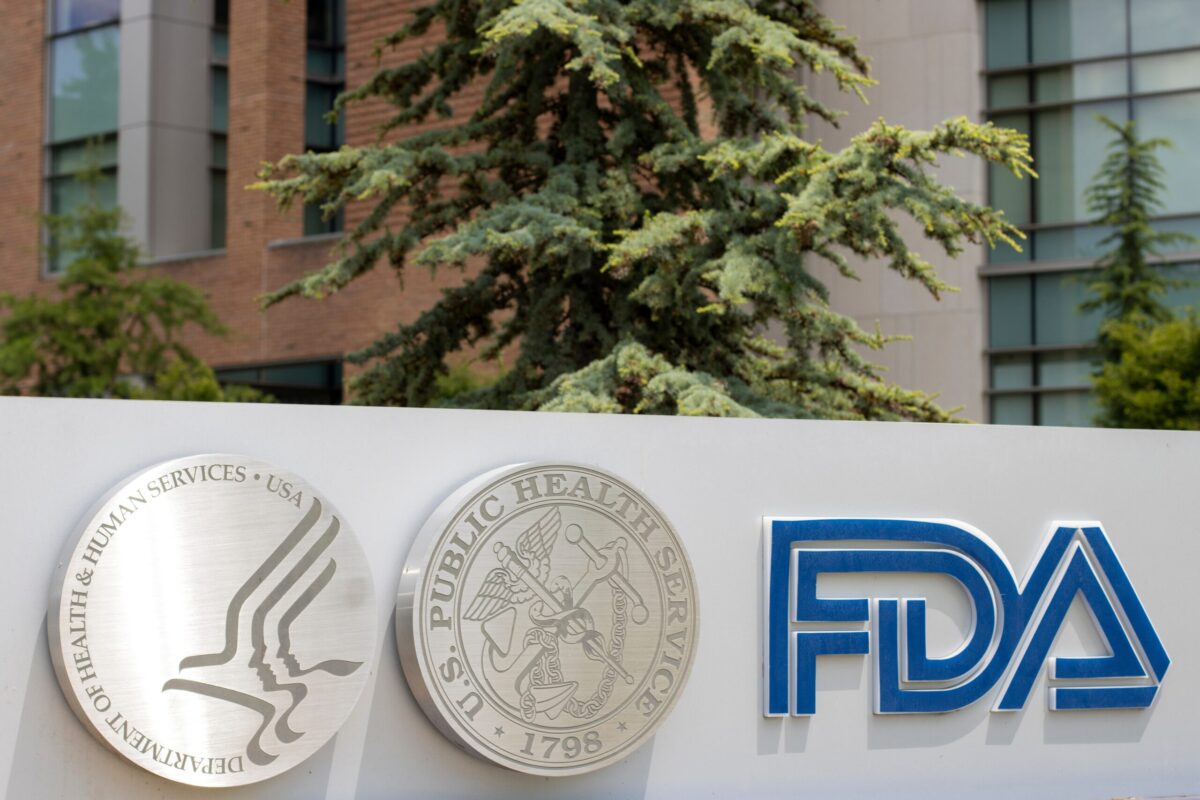According to two new studies, steroid injections administered months before total hip or knee replacement surgery, could increase a patient’s risk of infection. The studies were among the largest ever conducted on the topic, the results of which were presented at the 2016 Annual Meeting of the American Academy of Orthopaedic Surgeons (AAOS).
Injections into the hip and knee joints are commonly recommended to reduce pain and inflammation in patients with osteoarthritis. Corticosteroids are often the active ingredient in these injections, which can weaken a patient’s immune system leaving them vulnerable to difficult-to-treat infections.
The risk of infection is highest after the patient has undergone hip or knee replacement surgery. Patients with a suppressed immune system could develop post-operative infections that require prolonged courses of antibiotics, additional surgeries, and could even cause death.
The first study compared data collected from 177,762 patients in the Statewide Ambulatory Surgery and Inpatient Database, for two states – Florida and California – between 2005 and 2012. The researchers found that steroid injections administered within three months of scheduled total hip replacement surgery, conferred a 40 percent increased risk of post-operative infections on the patient.
While patients who did not receive an injection in the preoperative time period had an infection rate of 2.06 percent after one year, the infection rate of patients who did receive an injection was 2.81 percent. This study was the first to show that steroid injections administered within 12 weeks of total hip replacement surgery, was positively correlated with an increased risk of infection after the procedure.
Interestingly, if the injection was given more than 3 months before surgery, it was not considered to increase infection risk. “This data allows patients and surgeons to have a candid discussion about the risk of infection after total hip arthroplasty if a hip injection has been given in the prior three months,” said Dr. William Schairer, and orthopaedic surgeon at the Hospital for Special Surgery, and the lead author on the study.
The second study analyzed data collected from 83,684 patients in a database maintained by Humana Inc. who had undergone total knee replacement surgery between 2007 and 2014. The patients had an average age of 65 to 69 when they underwent their first knee replacement surgery.
Of the over 80,000 people in the study, 35.4 percent (29,603 patients) received an injection at least one year before the surgery, while 54,081 did not. After surgery infection rates in patients who received an injection were 4.4 percent, while those that did not get a steroid shot faced a 3.6 percent chance of infection.
In addition, 1.5 percent of those patients who received an injection required additional surgery, while only 1 percent of those who did not receive corticosteroids returned to the operating room. Patients who received their steroid injection closer to the surgery date, had a significantly higher risk of a post-operative infection.
“We would recommend being selective when indicating patients for injection, and limiting use of injections to people unlikely to undergo knee replacement in the near future,” said Dr. Nicholas Bedard, an orthopaedic surgeon at the University of Iowa Hospital, and the study’s lead author. “This information is important not only for orthopaedic surgeons, but for all health care providers who manage knee arthritis symptoms.”











Join or login to leave a comment
JOIN LOGIN